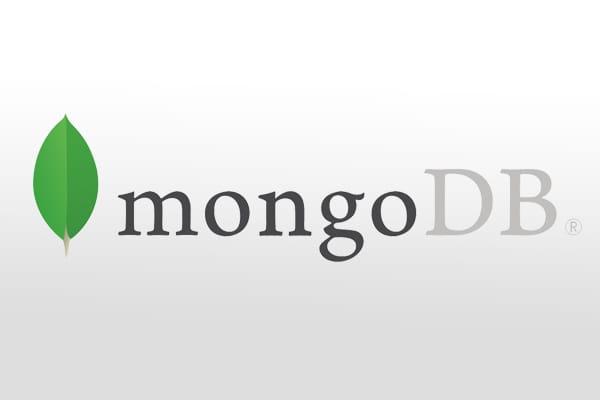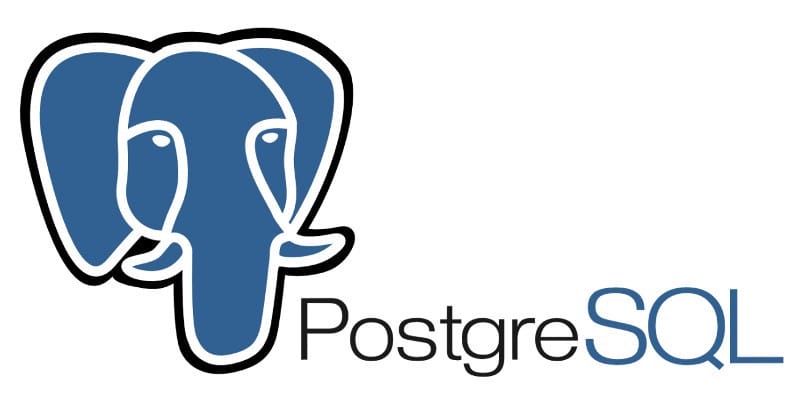MongoDB and PostgreSQL are both excellent Database Management systems. They both offer some fantastic features which are intrinsic to either of the two.
MongoDB is integrated into the database, which is created on a distributed architecture. So, it augments cloud-based applications. It is also exceptional in handling a multitude of workloads at any scale.
If your primary concern as a developer is to find a database that takes less time to master, allows DevOps, and is easy to scale, we believe you should go for MongoDB.
Since MongoDB is reasonably new, we would recommend MongoDB training to gain the best experience and knowledge.
On the other hand, PostgreSQL happens to be yet another solid choice for a database. If you like SQL and would want an open-source version of SQL, you would love PostgreSQL. So, if your aim is to handle a lot of queries at any given time, work with a plethora of tables and use SQL, we believe PostgreSQL should be a great choice for you.
We have only mentioned a few of the surface-level differences. We would take a deep dive into each of these databases in the upcoming sections and finish it up with a comprehensive one-on-one.
What is MongoDB?

MongoDB is a document-oriented database and does not use SQL, thus becoming one of the NoSQL databases.
Created in the 2000s, it came to light because it does not rely on tables, rows, and columns to store all the data as any other relational database would. Instead, it uses something known as documents and collections.
MongoDB uses the key and value pair (like hash maps). These Key and value pairs form the basic unit of data, which gets stored in any MongoDB database. There are many apparent benefits and features of MongoDB. We have listed some of them below:
- Every single one of the databases which is written using MongoDB has documents, and each document can have a different amount of fields. So, this allows for the fact that two different documents could have very different sizes.
- The way that each document of MongoDB is structured allows it to better represent the real world better. Also, the way programmers code and structure each MongoDB document bears an uncanny resemblance. This allows for better understanding and faster development times.
- The way that data is modelled in MongoDB allows for a better hierarchical relationship. It also makes storing complex data structures very easy.
What is PostgreSQL?

PostgreSQL happens to be one of the best open-source databases which use SQL. It uses SQL, meaning it employs the use of traditional means of storing data (i.e., in the forms of tables, rows, and columns.) It also supports querying with the use of JavaScript object notation or JSON (which is non-relational in nature.)
PostgreSQL has been on the field for over 20 years now and thus has formed quite a colossal community and achieved much-needed stability. There are many places where PostgreSQL is used, and we have listed some of them below:
- Database of choice in LAPP stack: LAPP or Linux Apache, PostgreSQL, PHP are the main tech stacks which are used to handle the backend of any given application. So, most of the backend developers would have to use PostgreSQL in their daily functions.
- It is also a general-purpose database: Companies that use PostgreSQL often use it as a general-purpose database, meaning they would use it to store and manage data of both their applications and products.
- Geospatial Database: PostgreSQL, in conjunction with the PostGIS extension, becomes one of the best (if not the very best) databases that is used to store geographical information.
MongoDB vs PostgreSQL:
The overarching question when it comes to MongoDB vs PostgreSQL is which is the best document-based database management system vs. the best SQL or relational database management system.

Keeping that in mind, we have developed the list of differences that our experts were able to discern. We have also mentioned the times when you should choose one over the other:
- So, if you happened to be just beginning the project and you need to model data very quickly, we believe you should choose MongoDB over PostgreSQL. The main reason behind that assertion is that development with MongoDB is faster and less painstaking in comparison with PostgreSQL.
- You also get the flexibility of modeling data, which is of any form. So, if you wanted to use PostgreSQL, you would have to convert the data into tables, but with MongoDB, you have better flexibility.
- If you know that the app which you would be building would be scaled (both up-scaled and down-scaled) depending on the volume of internet traffic, then also we would suggest you choose MongoDB over PostgreSQL because MongoDB has the scale-out structure which is best suited for this situation.
- If you want to use SQL and believe that using SQL would have apparent benefits, in that case, PostgreSQL becomes a good choice.
- If you would like to push SQL to the very limits with the help of some really high-level techniques, then also we would suggest PostgreSQL. Not just over MongoDB but over any relational database management system.
- If you would want to have an application that would be present on multiple clouds and you want it to work the same regardless of the platform, then we would suggest MongoDB Atlas over PostgreSQL because there is no such feature present in the latter.
Conclusion:
We hope that we were able to provide you with a comprehensive difference between the two databases. As a rule of thumb, if you want to develop applications faster and you want your application to scale, MongoDB is the way to go. And if you want to use SQL, then PostgreSQL is the best option.



